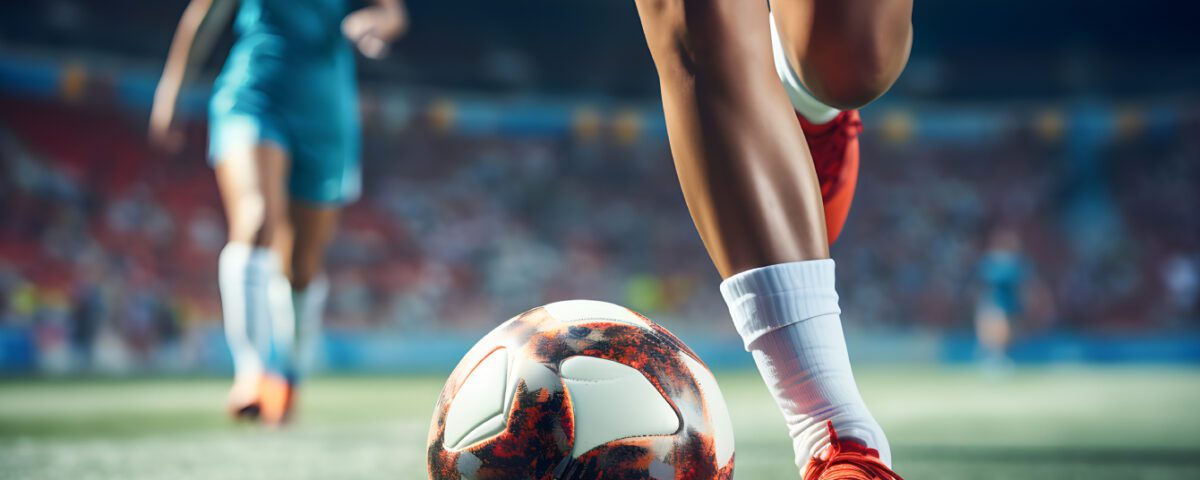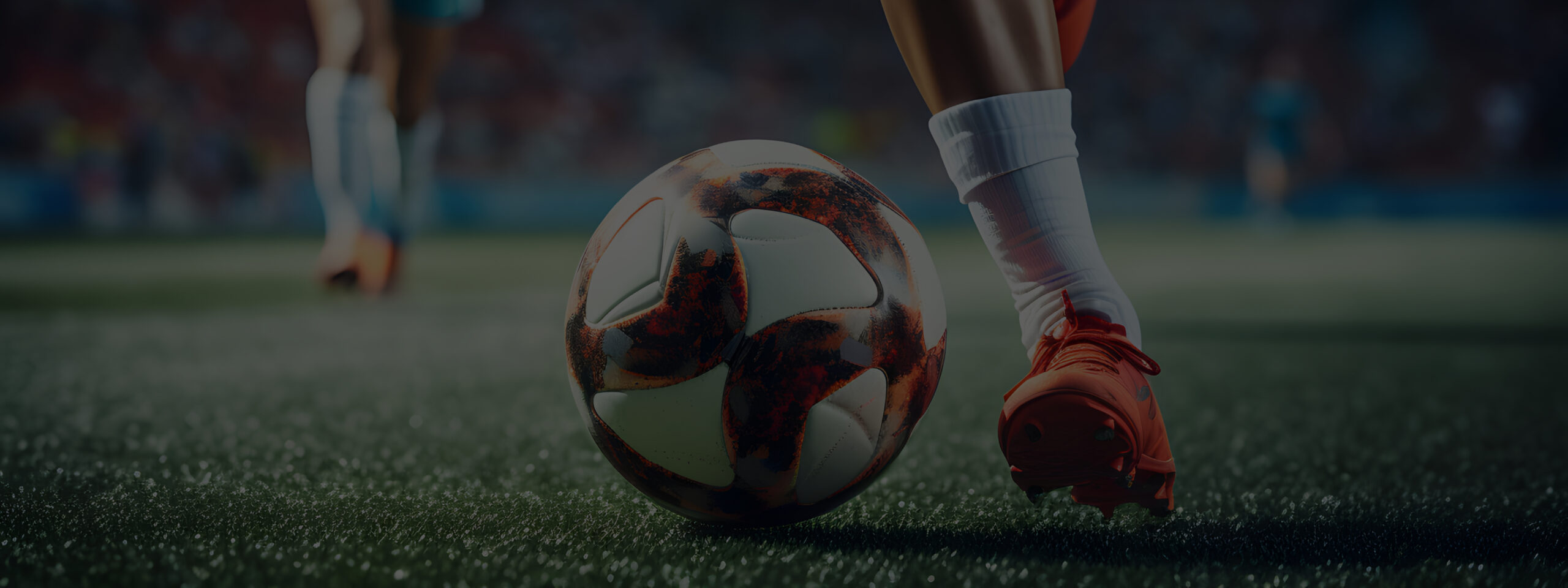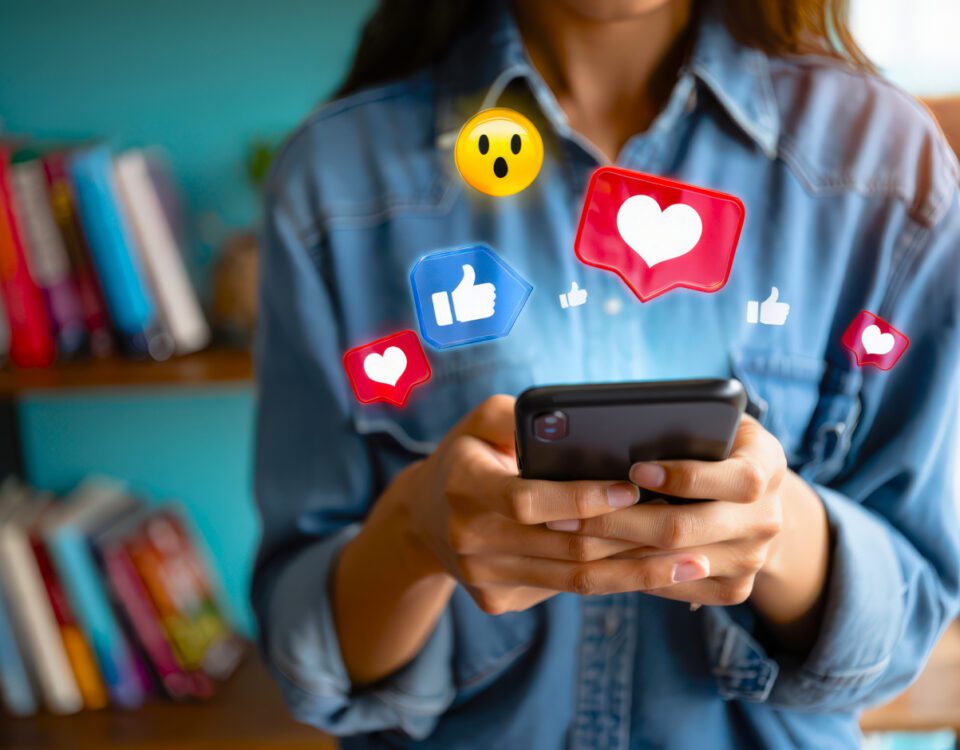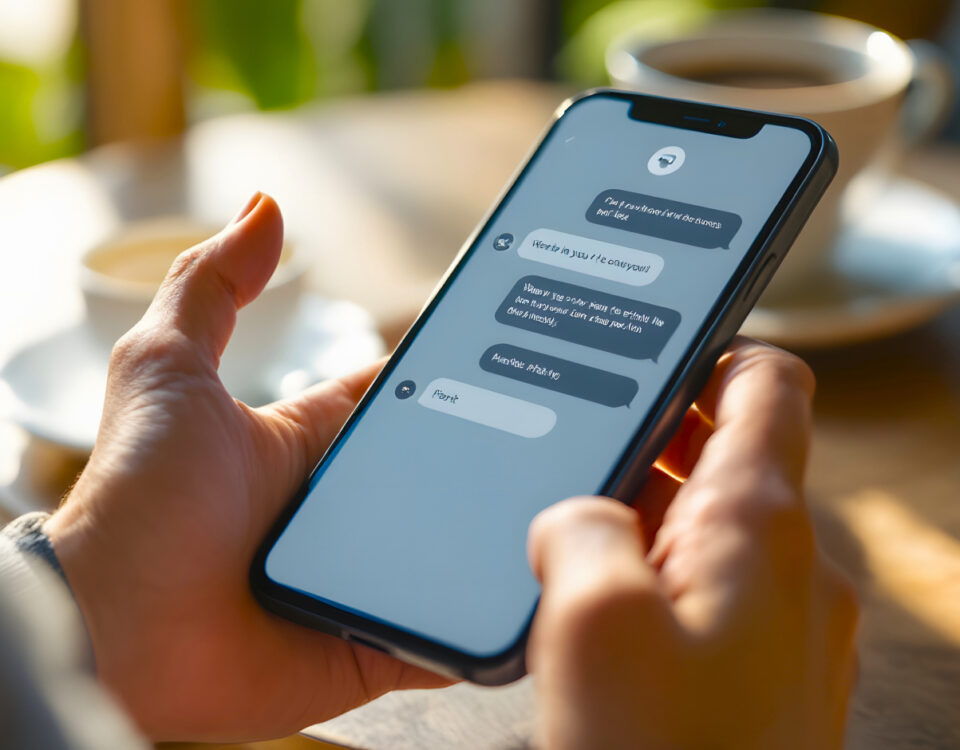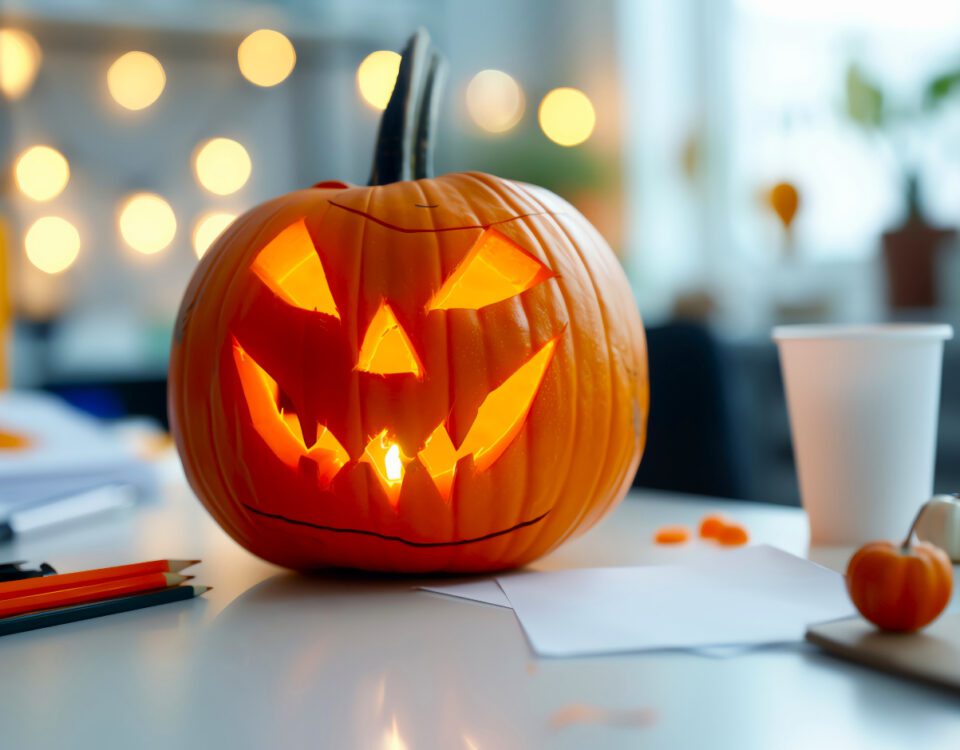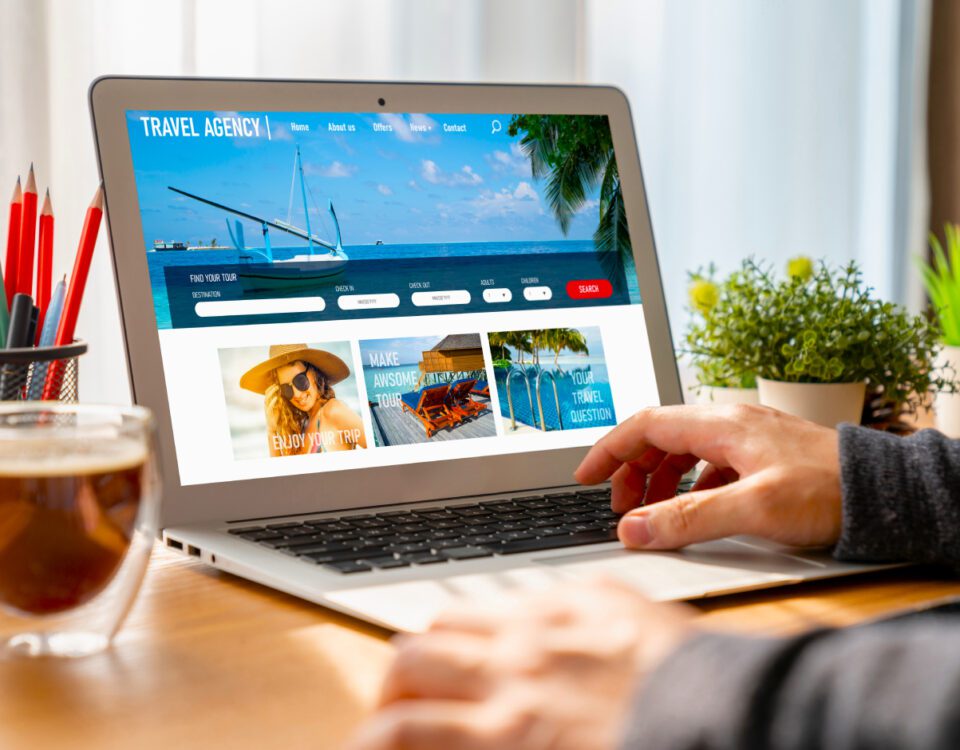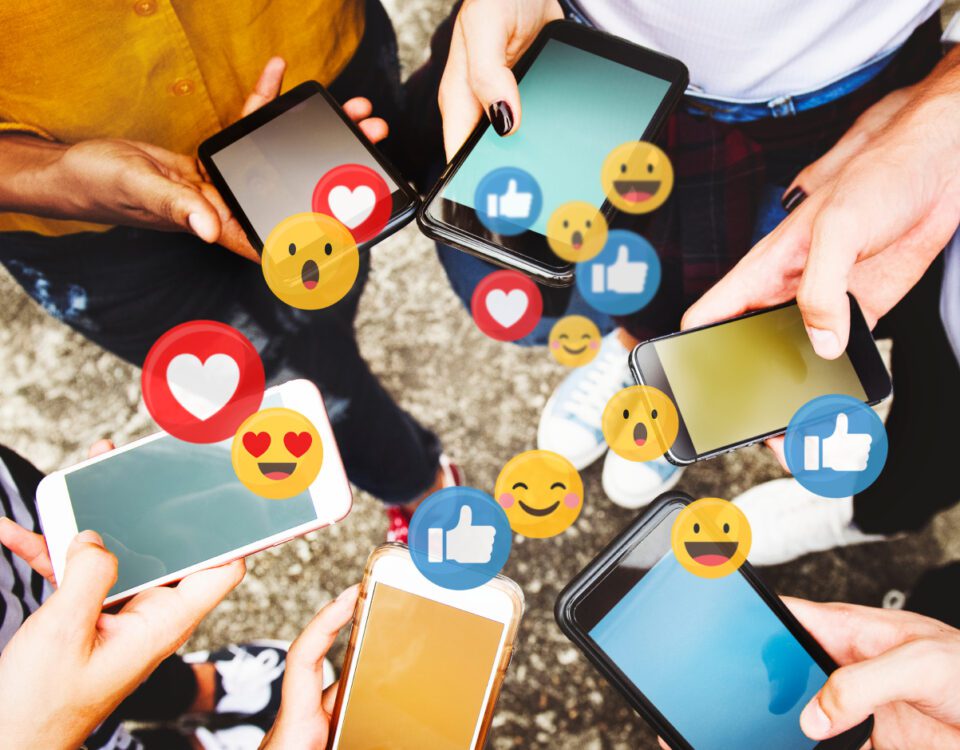Share
Taking place every four years since 1991, the FIFA Women’s World Cup sees women’s football teams from 32 nations compete for the champions trophy on the international stage. This year, it was jointly hosted by Australia and New Zealand, making it the first WWC to have more than one host nation, as well as the first to be held in the Southern Hemisphere. It ran from 20th July-20th August and was won by Spain after defeating the reigning European champions, England’s Lionesses, 1–0 in the final, which was watched by a peak audience of 14.8 million across the BBC and ITV!
However, Spain’s victory wasn’t the only trophy-worthy part of the tournament - the variety of marketing campaigns that came alongside it were also a huge success, addressing key issues that often surround the sport such as gender inequality and proving that the WWC is just as exciting and impressive as the men’s version. From high-profile sponsors and innovative brand partnerships to inspiring ad campaigns and powerful influencer content, the Women’s World Cup has presented many impactful marketing opportunities. Let’s take a look at some of them below.
Google Pixel FC
Ahead of the tournament, Google Pixel teamed up with the FA (Football Association) to become its Official Mobile Phone and Earbuds Partner and to launch Pixel FC, an initiative that aims to increase visibility for women’s football. The Pixel FC team consists of a group of committed women’s football creators and presenters who love the game but don’t always have the best possible access to resources to cover matches consistently. Google Pixel provided them with the tools and investment needed to produce the coverage the sport deserves - including pitchside access and time with players so they could produce high quality content, travel and expenses to Australia and New Zealand for the Cup, plus fair and equal pay.
We’re delighted to announce Pixel FC! ⚽️@AbbiSummers, @alex_bailess, @MollieKmita, @rosiekmita and @samantham7PD will be pitchside with the Pixel 7 Pro, bringing you closer to the @lionesses this summer! 🏴
— Google UK (@GoogleUK) July 7, 2023
Watch this space 👀#GooglePixelUK #FootballOnPixel pic.twitter.com/jXyIRanbmY
Baroness Sue Campbell, director of women’s football at the FA, said that: “Google Pixel’s commitment to helping us raise the visibility of women’s football offers another step towards tackling the gender bias we still see so often around sport.
An ad was also released promoting three of Google Pixel’s camera functions - photo unblur, which is perfect for fixing football action shots; ultrawide lens, which is ideal for group selfies; and night sight, which enhances and improves photos taken in the dark. The ad features England and Chelsea player Lauren James alongside women from a selection of amateur London teams playing football together, uplifting each other and using the phone to capture the fun.
ITV - The Pride Has Arrived
To represent the presence and strength of England’s women’s team, and to generate anticipation for its coverage of the tournament, ITV partnered with Bafta and Oscar-award winning creative studio Framestore to deliver a TV ad that depicts lionesses calmly roaming the streets and confidently entering people’s daily lives across the country. Amazingly, the ad used a combination of both CG and real lionesses; the real ones being filmed against green screens in South Africa before being seamlessly edited into UK locations.
Speaking to LBB, ITV and Framestore said: “It’s really great to acknowledge women’s sport as distinct from men’s, but we wanted to try to make something where there was no implicit comparison, something simple, that just said ‘These sportspeople are superstars, the best of the best, and we should all get behind them because it’s going to be very exciting.’ They’ve proven that they have the skills, so we didn’t feel it was necessary to feature them doing cool tricks or training.”
Noting the importance of diversity and representation in marketing, they also added: “[We wanted] to represent the whole of England, not just London. Not just your typical football fans either. Everyone comes together to celebrate this team, that’s the beauty of the Lionesses.”
The ad proves that there’s space for everyone in football while also demonstrating the positivity that can be achieved by including a wide variety of people from different backgrounds in marketing campaigns - not only because this helps everyone feel seen, but also because it means a broader audience can engage with and relate to the content in front of them.
Orange - Challenging Stereotypes
The largest telecoms provider in France, Orange, which has been a partner of the FFF (French Football Federation) for 24 years, joined forces with Paris-based creative and interactive agency Marcel to release a powerful ad addressing negative stereotypes about women’s football skills. The ad starts off with an impressive compilation of goals and other in-game highlights from Les Bleus (The Blues), the colloquial name given to France’s men’s team, which includes stars such as Kylian Mbappé and Antoine Griezmann. However, halfway through the ad, it’s revealed that the footage has been edited using deepfake technology, and the real players behind the skills shown are actually Les Bleues - the country’s women’s team. The ad then displays the message: ‘At Orange, when we support les Bleus, we support les Bleues’.
In an interview with Contagious, Marcel’s account director Solène Raverdy spoke about the important role marketing campaigns play in sparking much-needed conversations, saying: “This video aims to reduce inequalities between men and women that can be found not only in sports but unfortunately in many other sectors as well. We hope there will be much more debate on the subject in the weeks to come. This would mean there is discussion, and it is through these exchanges that things begin to change.”
According to the agency, the ad was viewed over 15 million times, generated 50 articles and was mentioned during prime-time TV news, as well as being shared on social media by the French Minister of Sports and World Cup-winning athletes.
Adidas - Play Until They Can’t Look Away
Adidas also launched a campaign called ‘Play until they can’t look away’, in which major celebrities such as Lionel Messi, Jenna Ortega and David Beckham star alongside the next generation of women’s football icons: Alessia Russo, Lena Oberdorf and Mary Fowler. Aiming to drive more global attention and support for the game, the fast-paced ad shows the three players wowing onlookers by displaying their skills in a variety of colourful locations. The brand also released an exclusive product collection for the Cup including a commemorative t-shirt that features the official tournament artwork.
Celebrating her involvement in the campaign, Fowler said: “Bringing together so many leading players in women’s football, as well as legends of the game, shows what is possible for the next generation and how Adidas is supporting this journey!”. Russo also confirmed the importance of using marketing campaigns to inspire and empower audiences - especially those who often lack support - saying: “I hope we did our bit to show [girls across the UK] that playing at any level is possible, which is what we’re hoping to do with this campaign.”
Throughout the tournament, the brand also posted interactive and informative content on its social media pages to get people involved in the hype, including match winner prediction polls and a thread outlining all of the custom match balls that have been created for the WWC over the years.
some games today 😱
— adidas Football (@adidasfootball) August 12, 2023
let's do this again. who you got? #FIFAWWC @FIFAWWC
1999 ➡️ 2023
— adidas (@adidas) August 15, 2023
A full history of the custom match balls for FIFA Women’s World Cup through the years. I love them all, don’t ask me to choose a favorite. pic.twitter.com/FzAgOwz57V
Adidas has been a partner of the FIFA Women’s World Cup since 1995, striving to help make sport equal for marginalised communities. Plus, as part of the brand’s ongoing partnership with Common Goal, 1% of all World Cup ball sales since 2022 – including the Official Women’s World Cup Ball, ‘Oceaunz’ – will be pledged towards the growth and support of women’s sport.
Summary
So, how effective were these brands’ campaigns - among others - in raising awareness, sparking engagement and building excitement for the Women’s World Cup? Global marketing research company System1 runs a platform called ‘Test Your Ad’ to predict the commercial impact of ads by measuring viewers’ emotional responses, assigning each ad a star rating from 1 to 5.9 stars. The company revealed that at least 5 ads for the women’s tournament scored 3 or 4 stars, whereas during its test of 20 ads from the UK, US and Brazil during the men’s World Cup last year, only one 4 star ad was identified, with half of the surveyed ads scoring between just 1 and 2 stars.
Evidently, this suggests that the marketing efforts surrounding the WWC resonated more strongly with audiences and that brands were able to provoke more of an emotional reaction from those who interacted with their campaigns than they were when promoting the men’s tournament.
Which ad or campaign for the Women’s World Cup did you like best? Did you see any fun social media content relating to the tournament? Find us on X @3sixfivepro and let us know if you’ll be incorporating any of these ideas into your brand’s own marketing strategy.


